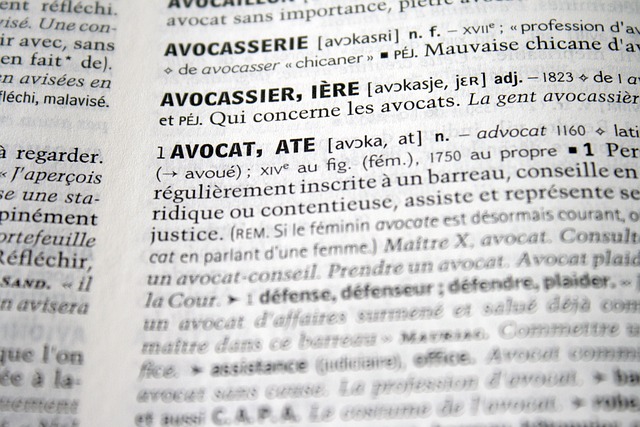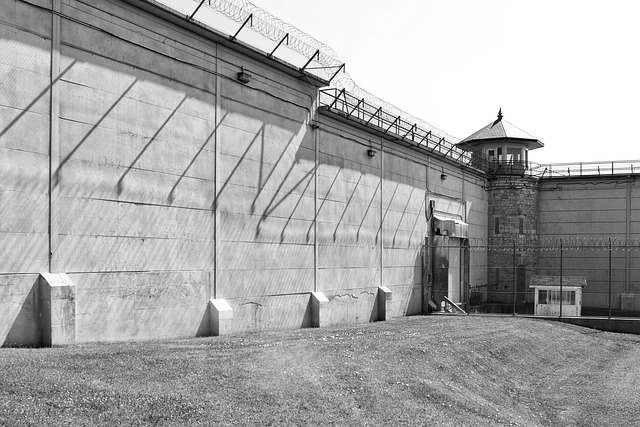The disparities between Rural and Urban DUI Legislation significantly impact employment prospects and sentencing, with rural areas offering more lenient laws and urban centers enforcing stricter regulations. This divide creates challenges for re-entry into the job market, especially for marginalized rural communities. Record clearing is a vital strategy to rectify these historical injustices, providing individuals with a fresh start. To achieve meaningful reform, legislation must address geographical disparities, ensure equal access to legal representation, and offer tailored support for reintegration, fostering a more just system that promotes growth and prosperity across all communities.
“Uncovering the employment implications of DUI legislation is crucial, especially when examining the disparities between rural and urban areas. This article delves into the intricate world of drunk driving laws, focusing on their impact on job prospects. We present a comparative analysis of rural and urban DUI legislation, highlighting how these differences affect record clearing practices. By exploring real-world cases, we identify disparities in employment outcomes and offer strategic recommendations for reform, aiming to create a fairer future for those with DUI convictions.”
- Understanding Rural and Urban DUI Legislation: A Comparative Analysis
- The Impact on Employment: Exploring the Disparities in Record Clearing Practices
- Clearing Records for a Fairer Future: Strategies and Recommendations for Reform
Understanding Rural and Urban DUI Legislation: A Comparative Analysis

In the context of Employment Impact Clearing Records, understanding the nuances of Rural vs Urban DUI Legislation is paramount. Laws pertaining to Driving Under the Influence (DUI) vary significantly between rural and urban areas, reflecting differing social, economic, and geographical realities. Rural regions often face unique challenges when it comes to DUI enforcement due to lower population densities, limited law enforcement resources, and longer response times. This can result in less stringent legislation and leniency in sentencing compared to urban centers where crime rates are higher and police presence is more concentrated.
A comparative analysis reveals stark contrasts. Urban areas typically have stricter DUI laws with harsher penalties, emphasizing deterrence and public safety due to the higher potential for accidents and property damage. Conversely, rural legislation may prioritize rehabilitation and education over severe punishment, acknowledging the broader social and economic implications of DUI on smaller communities. This disparity underscores the need for tailored approaches when addressing DUI-related employment impacts across diverse geographic settings.
The Impact on Employment: Exploring the Disparities in Record Clearing Practices

The employment landscape is significantly influenced by record clearing practices, with disparities often seen between rural and urban areas in terms of DUI legislation. In many rural communities, where economic opportunities might be limited, a clean record can open doors to stable employment. Conversely, urban centers, with their diverse job markets, may have more stringent criteria, making it challenging for individuals with past convictions to re-enter the workforce. This dichotomy underscores the importance of understanding local legislation and its impact on employment prospects.
The Rural vs Urban DUI Legislation divide highlights a crucial aspect of criminal justice reform. In urban areas, where a broader range of support services might be available, reintegration into society post-conviction is often smoother. However, rural communities may lack such resources, potentially leading to prolonged barriers for individuals seeking to turn their lives around and secure employment after a DUI offense. This disparity necessitates targeted interventions and policy adjustments to ensure equitable opportunities for all, regardless of location.
Clearing Records for a Fairer Future: Strategies and Recommendations for Reform

In the pursuit of a fairer and more equitable future, clearing records has emerged as a pivotal strategy to redress historical injustices, especially in the context of Rural vs Urban DUI legislation. This process involves expunging or sealing certain criminal records, offering individuals a chance at a clean slate and renewed opportunities. Such reforms are essential to break the cycle of systemic discrimination that often disproportionately affects marginalized communities, particularly those in rural areas, where access to legal resources may be limited.
To achieve meaningful reform, it is recommended that legislation considers the unique challenges faced by rural residents. This includes addressing disparities in DUI-related charges and consequences, ensuring equal access to legal representation, and providing tailored support for reintegration into society post-record clearance. By implementing these strategies, we can foster a more just system that supports the growth and prosperity of all communities, regardless of their geographical location or socio-economic status.
In comparing rural and urban DUI legislation, it’s clear that disparities exist in record clearing practices, significantly impacting employment opportunities. The current system often disproportionately affects those from rural areas, exacerbating existing social and economic inequalities. To foster a fairer future, it’s imperative to implement comprehensive reforms that ensure equitable record-clearing strategies. By advocating for policy changes and embracing innovative approaches, we can work towards a more inclusive society where past mistakes do not indefinitely hinder an individual’s ability to secure employment.






